History of Emporia
Described as “the loveliest site in the world for a town,” Emporia was founded by five men from Lawrence in 1857, when Kansas was still a territory battling over slavery. The town charter prohibited gambling and the sale of liquor, making Emporia the first prohibition town in the world – 61 years before National Prohibition. Touting a squeaky clean image and free-state values, Emporia sprang up quickly. By the 1880s, Emporia had established two colleges and had become known as “the Athens of the Plains.” Several of our downtown buildings date to this time period.
Once predominantly Welsh, Emporia is now home to a variety of cultures. Learn about the families who built Emporia and those who live here now at the Lyon County History Center and the Howe House and Welsh Farmstead, built in 1867.
The Lyon County History Center houses one of the state’s largest genealogy collections. In addition to being an excellent resource for family research, the History Center features a variety exhibits about the history of Emporia and Lyon County.
Several local landmarks are on the National Register of Historic Places, including the Downtown Historic District, Howe House, the Granada Theater, Kress Building, former College of Emporia campus, and stone arch bridge.
In 1953, Emporia became the first city in the nation to celebrate Veterans Day, thanks to the idea of a local shoe salesman. Learn more about more about Emporia’s history as the Official Founding City of Veterans Day, and visit one of our many memorials and the new Tablets of Honor walk.
Emporia has also been home to several notable people over the years, including world-renowned author and editor William Allen White. White’s stately historic home, Red Rocks, is available for public tours.
Historic Attractions
All Veterans Memorial
This beautiful memorial next to the Cottonwood River is open year round and FREE to the public. Visitors can view a World War II M-4A6 Sherman army tank, Vietnam Veteran… Read more
C of E Park
For a peaceful walk, visit C of E Park. The park was once the campus for the former College of Emporia (C of E), which occupied the space from 1882… Read more
Downtown Emporia Historic District
Downtown Emporia is the bustling heart of the city, home to an eclectic mix of shops, restaurants, and cultural attractions. As you wander down historic Commercial Street, you’ll be transported… Read more
Emporia Granada Theatre
Visit: This historic 1929 Spanish Colonial Revival style theater underwent a complete restoration in 2009. Inside and out, the Granada Theatre is an eye-dazzling gem. The theatre is a hub… Read more
Howe House & Welsh Farmstead
Built in 1867 by a Welsh immigrant stone-mason, this historic limestone home is one of the oldest in Emporia, and features original architecture and furnishings. Info and tours by appointment.
Lyon County Cemeteries
Lyon County has 43 cemeteries, the largest of which is Maplewood Memorial Lawn in Emporia. Maplewood Memorial Lawn cemetery is the resting place of William Allen White, as well as… Read more
Lyon County History Center
This historic building in Downtown Emporia houses over 150,000 artifacts, as well as a model train exhibit and gift shop with Kansas and local items. Open Tuesday through Saturday. Lyon County… Read more
National Memorial to Fallen Educators
Located on the Emporia State University campus, the National Memorial to Fallen Educators is free to visit and open 24 hours a day. The memorial commemorates educators who lost their… Read more
One Room School House
This one-room, limestone schoolhouse was originally located about 50 miles west of Emporia in Marion County. Constructed in 1873, it was known as Dobbs School. The school was donated as a… Read more
Prairie Passage Stone Sculpture Garden
Walk among the massive chiseled limestone pylons at the Prairie Passage Stone Sculpture Garden. Depicting Emporia’s history, the sculptures range in height from 10 to 15 feet and weigh 5… Read more
Veterans Monuments
In addition to the All Veterans Memorial, Emporia has four other smaller monuments around the city to honor our Veterans: Civil War Veterans Monument Fremont Park, 4th Ave & Union… Read more
William Allen White House State Historic Site (Red Rocks)
The home of famed newspaper publisher, William Allen White, is known as Red Rocks. Enjoy “Saturdays at the Site,” a series of free programs organized by the William Allen White… Read more




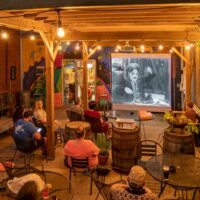





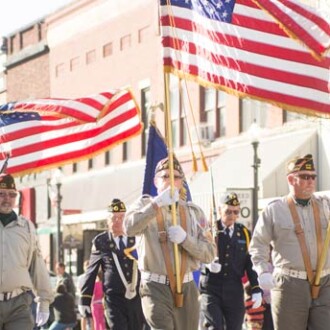
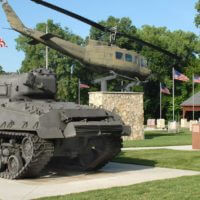
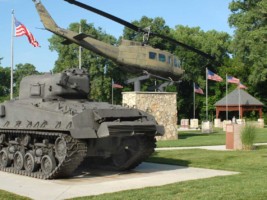
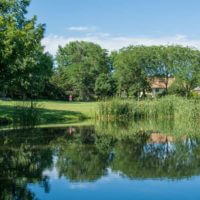
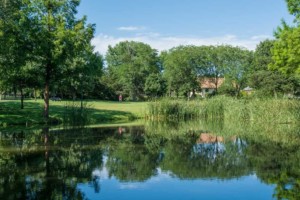


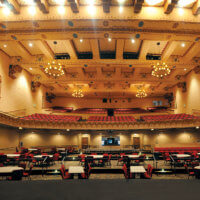
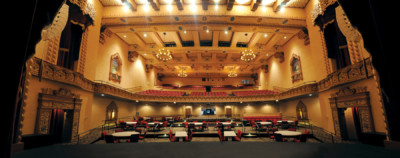
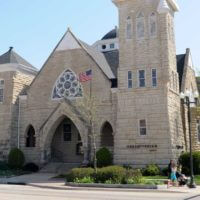
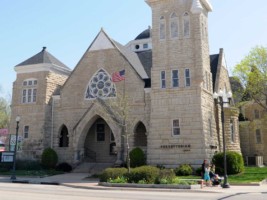
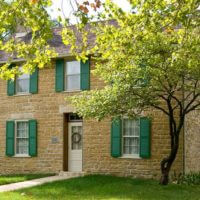
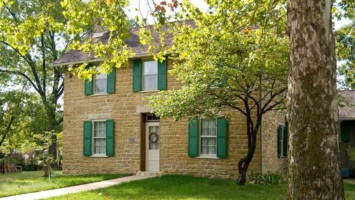
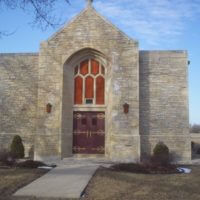
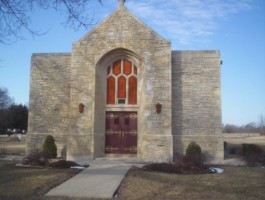


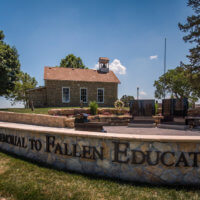
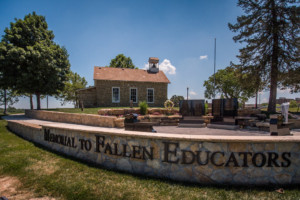
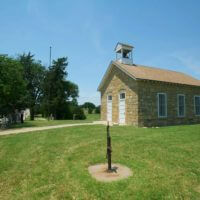
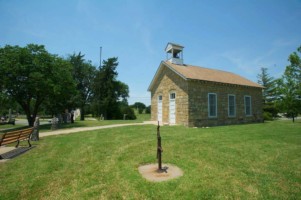
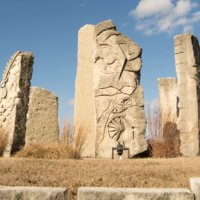
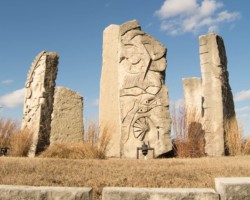
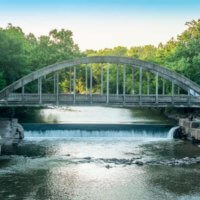
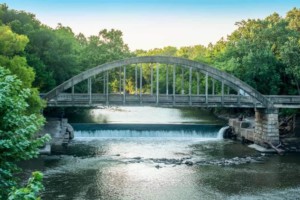
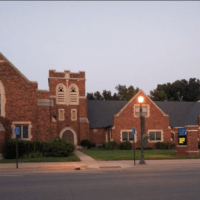
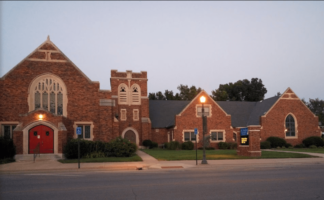
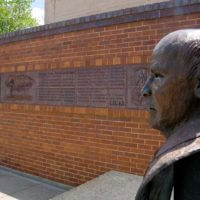
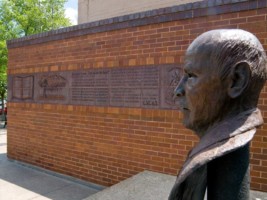
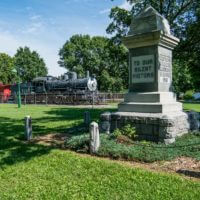
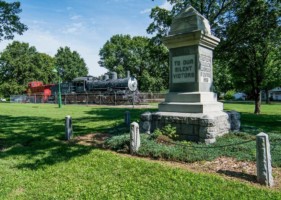
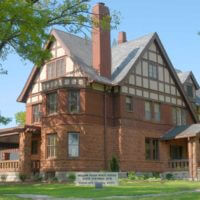
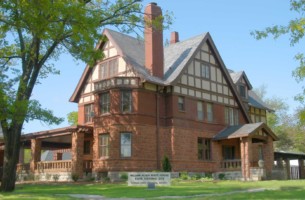

You must be logged in to post a comment.